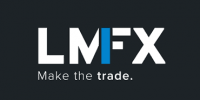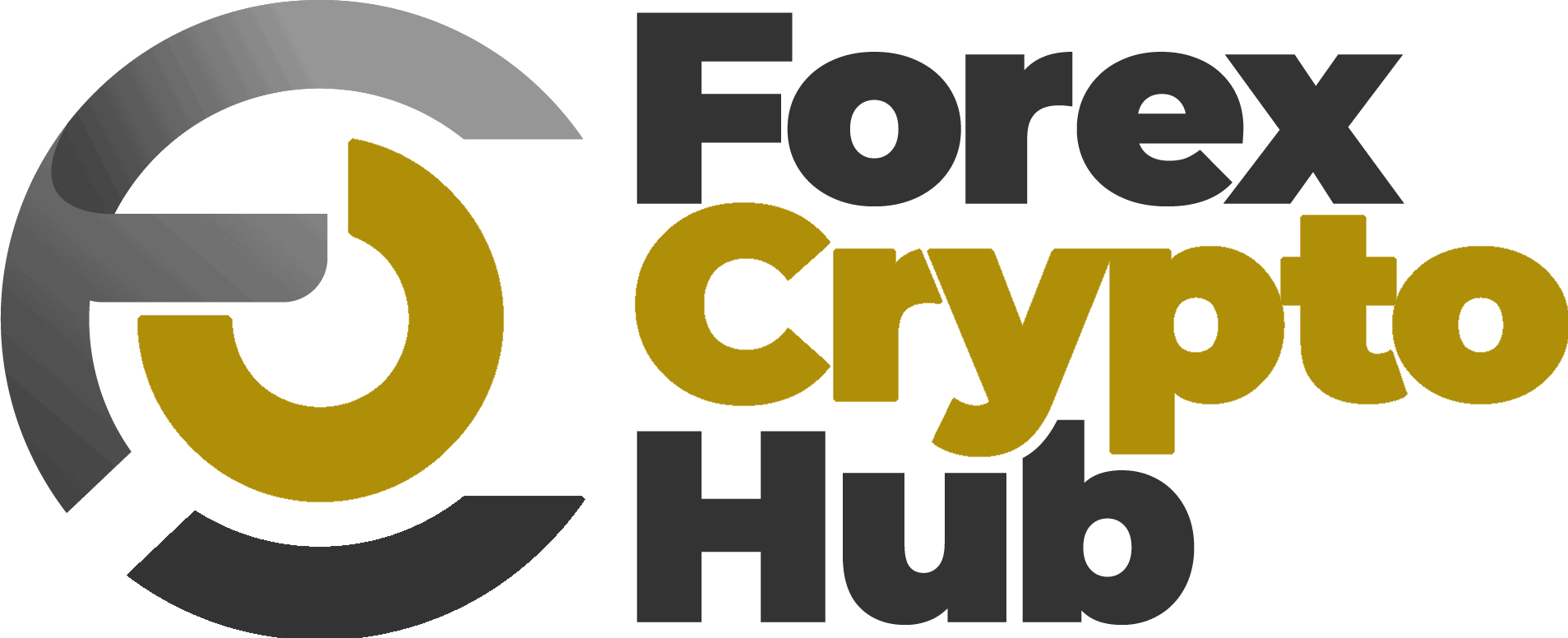In recent years, the online trading industry, particularly forex and CFD products, has been the subject of international scrutiny and tightening of regulations to control how and to whom these financial instruments may be offered.
In the last decade, sweeping changes to legislation have been introduced throughout Europe, Australia, Japan and many other jurisdictions. Some countries such as Singapore, Taiwan and the USA have traditionally maintained a conservative approach to regulating forex trading.
The wave of regulatory reform affecting the online trading industry caused a ripple effect. Many traders found brokers authorized to operate in their domestic market were no longer compelling.
With the ultimate objective of helping you to find the best offshore forex broker for you, in this article, we’ll explore the context behind why offshore forex brokers are becoming increasingly appealing to the average retail trader.
In particular, the regulatory reforms sparked a dramatic change of opinion. After, we’ll explore the benefits offshore brokers provide, and the compromises you may have to make compared to onshore brokers.
Article Summary
Overview of The Forex Trading Industry
For most people, especially those living in developing countries that lack robust financial services and reliable investment opportunities, forex and CFD trading is one of the most accessible vehicles for speculating on the world’s financial markets.
The characteristics that traders find most appealing are high leverage, which grants greater exposure with lower margin requirements; all trades are settled in cash when a position is closed; numerous asset classes accessible from a single account, and CFDs are in most jurisdictions exempt from capital gains taxes. There was a lot of interest in this trading style with such appealing conditions and a huge industry developed around it.
For those who owned brokerages, it was a lucrative business. At least it was until regulators introduced strict product intervention measures requiring brokers to drastically alter how they advertise and how they offer forex and CFD products.
Many of the imposed changes seem fair and reasonable, such as the prohibition of incentives and clear disclosures on risk. The main subject of controversy is leverage.
For inexperienced traders, leverage was a hazard. Whereas for experienced traders, it was a valuable tool.
According to best estimates, 1,231 brokers have licensed, or white-labelled the popular MetaTrader 4 platform, which is a powerful statistic highlighting the number of retail forex brokers participating in the industry.[1]
The high profit margins attracted many companies, some of which operated unethically and tarnished the industry’s reputation severely.
Many of these firms marketed their products aggressively and inappropriately to consumers who did not adequately understand the instruments they were trading, leading to financial services regulators receiving numerous complaints from traders who felt they had been defrauded or miss-sold investment products.
Regulators like the UK’s Financial Conduct Authority publish several warning to the public each day.[2]
Best Offshore Forex Broker List In 2024

| Broker Type | ECN |
| Regulations | UNREGULATED |
| Min Deposit | $50.00 |
| Account Base Curreny | USD, EUR, GBP, AUD, CAD, Bitcoin, Gold, Bitcoin Cash, Litecoin, Ethereum and XRP |
| Max Leverage | 1:1000 |
| Trading Platforms | Metatrader 4, Web trader, Mobile app(MT4) |
Definition of an Offshore and Onshore Broker
The definition of an onshore broker and an offshore broker is rather subjective.
For all intents and purposes, an offshore broker is a firm registered or licensed in a lightly regulated jurisdiction and grants brokers a lot of freedom in terms of how they operate.
St. Vincent and the Grenadines, Belize, Vanuatu, and Seychelles would be considered offshore.
Whereas an onshore broker would be viewed as a firm operating in a tightly regulated environment, such as Europe, USA, Canada, Australia, Singapore, Japan, and others.
For example, the Mediterranean islands of Cyprus or Malta might be considered offshore business destinations.
However, most would not consider brokers licensed there as offshore brokers since they follow the same regulatory framework as Germany, France and all other Member States.
The most common onshore Forex broker jurisdictions
- In Cyprus, there are 245 Investment Firms licensed by the Cyprus Securities and Exchange Commission (CySEC), many of which are CFD providers catering to retail clients.[3]
- In the UK, there are 3,316 Investment Firms authorized by the Financial Conduct Authority.[4]
- In Australia, out of the 6,200 companies listed on the Australian financial services registry, more than 500 firms are authorized to provide leveraged foreign exchange and derivative contracts to retail customers.[5]
- The United State has only a handful of brokers that can legally trade Forex to retail clients. Those brokers are register under the Commodity Futures Trading Commission (CTFC) and the NFA (National Futures Association).
- Similar to the USA, in Canada there are only a few Forex brokers that are legally aloud to provide forex trading to retail clients. They are regulated under IIROC (Investment Industry Regulatory Organization of Canada).
The most common offshore Forex broker jurisdictions
- In Vanuatu, there are 114 firms licensed by the islands Financial Services Commission to deal in securities, such as forex.[6]
- In the Seychelles, there are 62 capital markets firms licensed by the islands Financial Services Authority.[7]
- In Belize, there are 32 firms licensed by the International Financial Services Commission (IFSC) of Belize to provide trading in financial and commodity-based derivative instruments and other securities, such as forex.[8]
Trader Sentiment Toward Offshore Brokers is Changing
Over the years, many high-profile forex boiler rooms and bucket shops have been connected with offshore companies which have given offshore brokers a bad reputation.
Criminals favor offshore entities as they offer relative anonymity and are easy to establish and therefore easy to abandon once word gets out.
Countries like the Bahamas, Vanuatu, Belize, Seychelles and others have only recently established regulatory authorities and frameworks, which many brokers consider as favorable today.
Since ESMA introduced product intervention measures which capped how much leverage can be provided to a retail investor at 1:30, many traders no longer felt they could trade effectively.[9]
Leverage is intrinsic to many trading strategies. As many industry insiders predicted, what happened next is that active traders moved their accounts to other brokers, notably in Australia, to retain a similar trading experience.
ASIC noted the trend of traders migrating their accounts to Australian brokers in a consultation paper outlining its plans to also introduce similar product intervention measures, which were ultimately introduced.[10]
What has given offshore jurisdictions a boost in credibility is that numerous reputable forex brokers have established offshore entities to further arbitrage regulations.
For example, Plus500, a publicly listed company on the London Stock Exchange, is regulated in the Seychelles. Interestingly, the CySEC registry of Cypriot Investment Firms and the Seychelles FSA register of Securities Dealers shares dozens of brands.
Looking back a few years, most traders would have chosen a broker registered in their country or region.
For example, a German trader might have opened a trading account with a UK or Cypriot broker registered with BaFin. That same trader would probably seek an offshore solution today.
Benefits of Trading With An Offshore Broker
For most traders, the main attraction to offshore forex brokers is indeed the ability to trade forex with higher leverage.
Most offshore brokers continue to offer leverage of 1:500. Some brokers go further, offering leverage as high as 1:2000.
Some offshore brokers continue to offer incentives, such as rebates, bonuses and other offers to attract clients and encourage them to trade more.
Another characteristic some traders may appreciate is that offshore brokers might have simpler onboarding practices.
For example, they might ask fewer questions and not require a competency questionnaire be completed to determine which product you are allowed to trade.
Not All Offshore Jurisdictions Are The Same
When looking for the best offshore forex broker, keep in mind some jurisdictions like Dominica, or St. Vincent and the Grenadines, which are popular with offshore forex brokers, don’t regulate brokers regulated in the country.
The St. Vincent and the Grenadines Financial Services Authority is responsible for supervising the country’s international financial services and non-bank financial services.
However, International Business Companies are not regulated entities but are simply registered entities. Therefore, the authority does not officially authorize or monitor companies providing forex trading from the nation.[11]
Similarly, in Dominica, the island nation does not provide a regulatory framework for the provision of forex trading.
Although Dominica has a regulatory authority, the Financial Services Unit (FSU) is responsible for regulating other sectors.
The FSU is responsible for overseeing banking, insurance and money services and does not cover any securities trading or investment services.[12]
Risks of Trading With An Offshore Broker
The risks associated with trading with an offshore broker vary significantly depending on the circumstances.
As discussed earlier in the article, the extent to which the company is regulated to carry out investment services is crucial.
Being registered in St. Vincent and the Grenadines is wildly different from being regulated in the Seychelles. However, to the untrained eye, the differences might seem trivial.
One of the most significant risks is the company is operating unscrupulous and unchecked. There are countless cases of companies using price manipulation to cause investors to lose money.
If the broker is not required to submit transaction and execution reports to regulators, they can easily get away with such practices.
Conclusion
If you’re trying to find the best offshore forex broker, you should keep in mind that not all jurisdictions operate to the same standard. Each regulator will act differently, and it’s crucial to understand how each authority governs.
When cooperating with an offshore broker, you need to take on more responsibility as a consumer and vet the company as much as you can. In some cases, you might be trading with a larger brand which operates multiple entities, and one happens to be offshore. Or, you might be considering a company which is solely working offshore. If you are determined to trade with an offshore forex broker, there are many good reasons to want to, be thorough in your evaluation. This is good practice in general, as no broker is infallible, and as an investor, you should be well aware that past performance does not guarantee future results. The same could be said about the behavior of a broker.
About This Article
Author: Roslan Skarsgard – Roslan has worked for numerous forex brokers and investment firms in London, Cyprus, Malta & Singapore in various sales, marketing and operations roles.
Reviewed & Edited by: Mark Prosz
Sources of information and credits for this post include:
[1] https://financefeeds.com/platform-monopoly-end-metatrader-4-will-empower-important…
[2] https://www.fca.org.uk/news/search-results?category=warnings&start=1
[3] https://www.cysec.gov.cy/en-GB/entities/investment-firms/approved-domains/
[4] https://register.fca.org.uk/servlet/servlet.FileDownload?file=0150X000006gbb6
[5] https://data.gov.au/data/dataset/asic-afs-licensee
[6] https://www.vfsc.vu/wp-content/uploads/2020/12/Financial-Dealers-Licensee-List-Dated…
[7] https://www.fsaseychelles.sc/capital-markets/
[8] https://www.ifsc.gov.bz/license-service-provider/
[9] https://www.esma.europa.eu/press-news/esma-news/esma-adopts-final-product-intervention-measures-cfds-and-binary-options
[10] https://download.asic.gov.au/media/5241542/cp322-published-22-august-2019.pdf
A portion of the Sign up links to brokers websites are affiliate links. We may receive a commission with no charge to you. This enables us to keep creating helpful forex trading content for our readers for free.




